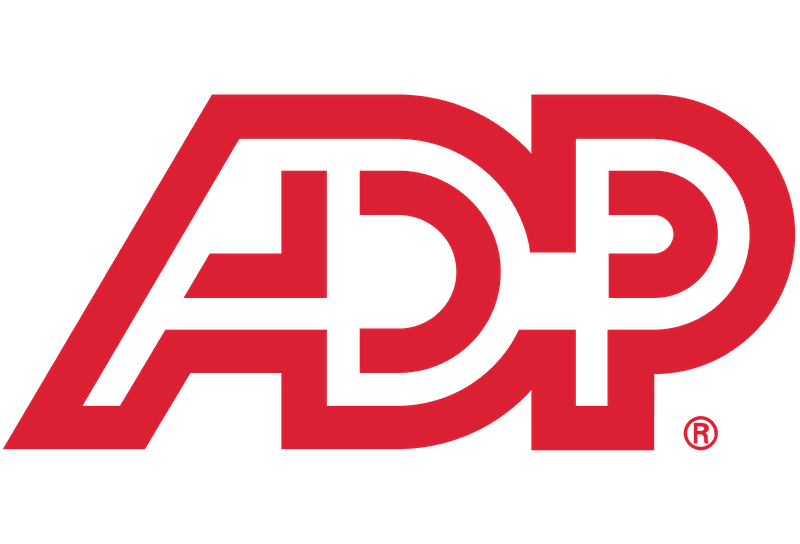Business Finances
Your money matters, and our Business Finances hub can help you more effectively manage it. From securing funding and tracking revenue and expenses to bolstering cash flow, these resources can help you build a sturdy foundation for your fiscal house.
Latest: Advice, Tips and Resources in Finance

Medical billing and coding systems ensure that health providers get paid for their services. Learn the steps in medical billing and medical coding.

Pay employees and contractors with Intuit QuickBooks Payroll. See why this is the best payroll solution for businesses seeking an accounting integration.

ADP’s scalable plans and advanced payroll features make it the best payroll solution for growing businesses. Explore pricing, features and more.

OnPay’s user-friendly payroll tools and excellent customer support make it the best payroll service for small businesses. Explore features and pricing.

If you’re looking for investors or want to sell your business, you must determine its value. Follow these six steps to calculate it.

Top PayPal alternatives include Stripe for e-commerce, Square for POS, Authorize.Net for multi-channel payments, Shopify Payments and Braintree by PayPal.

Profit and net income are found on your company's income statement. Learn the difference between these financial terms and what they mean for your company.

The accounting cycle tracks a transaction until it’s added to your company’s financial statement. Follow this eight-step process to organize the data.

Even if accounting isn’t your forte, it’s important to understand accounting basics to run your business. Learn 11 tips for small business accounting.

Need a small business loan with low interest rates? Learn about the government loans available to entrepreneurs.

Sole proprietors can use a business credit card to build credit, earn rewards and even out cash flow. Learn how to improve your chances of qualifying.

The best POS system will vary based on your needs and the customer experience you want to provide. Here are 15 important features to look for.

In order to pay your employees correctly each pay period, you need to know how to calculate gross and net pay. Learn how to ensure your payroll is precise.

To start your business, you’ll need money and sometimes borrowing funds is fine. Without proper management and care, though, debt can become problematic.

Qualifying for a business credit card with bad credit is hard but not impossible. Learn about card options if you have bad credit, such as secured cards.

Every bar owner understands that bars have unique needs, and so does your bar POS system. Learn how to choose the best bar POS system for your business.

Learn valuable tips for managing assets for your construction business.

Your business credit score is related to but separate from your personal credit score. Learn what a business credit score is and why it matters.

Every size business can benefit from a POS system, and there are various prices and technology suited for every need. Here’s what you need to know.

Find out what to include in a cash flow statement, as well as its limitations and how cash flow is calculated.

Cloud-based point-of-sale (POS) software has many advantages over traditional sales technology. Consider these benefits and top systems.

Whether you do it yourself or rely on accounting software, finance tracking is essential for small business owners.

Debt isn't the only way! Here are alternatives to getting a loan in order to start your business.

While self-funding a business is difficult, it isn’t impossible. Here are important tips for entrepreneurs considering the idea.

Learn how five top restaurant employee-theft scams work. We'll show you how to stop losing money to employee theft and retake control of your restaurant.

It can be difficult to keep up with the costs associated with running a farm. Low-interest agricultural loans help farmers stay afloat.

From tighter lending criteria to the rise of payment processors, many changes are underway in small business lending.

Accurate estimates are key to your construction business's success. Learn about the top five construction estimating software tools.
Learn what certified financial statements are, when you need them, and how to obtain them. Includes costs, timelines and a complete prep checklist.

These tax credits can reduce your small business’s tax burden, saving you money and helping your business grow.